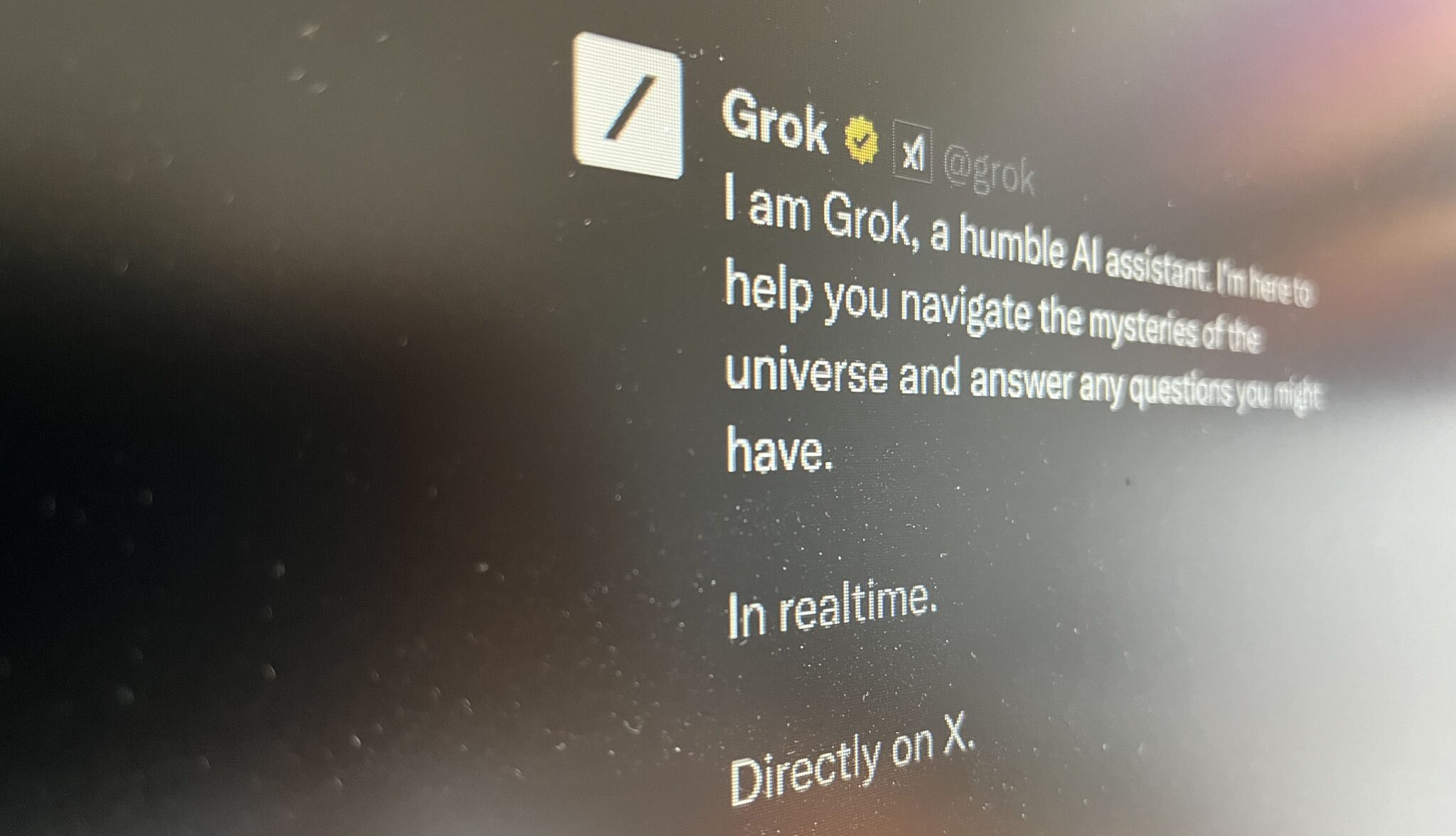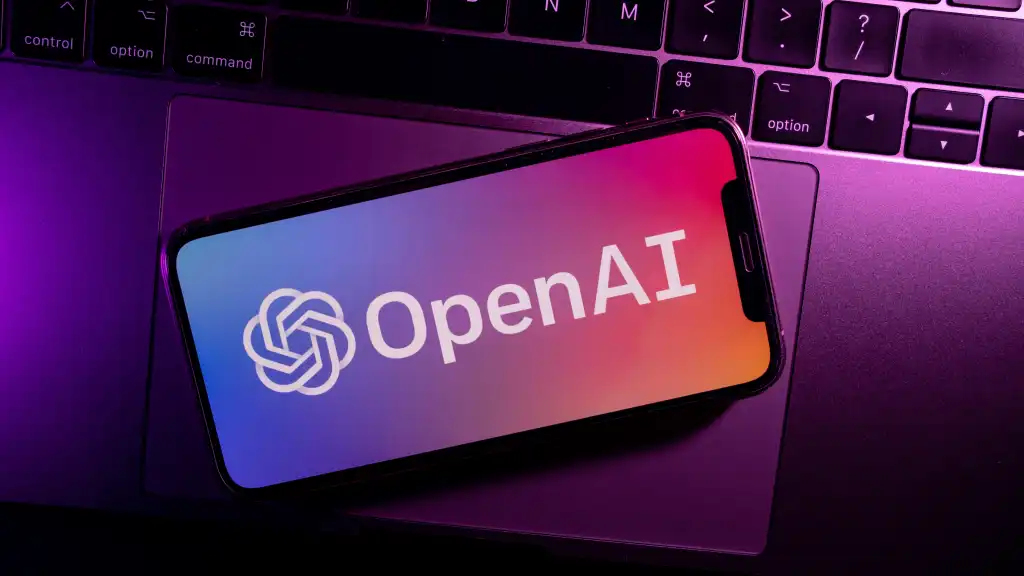
ChatGPT Sends Millions to Verified Election News, Blocks 250,000 Deepfake Attempts
AI
Zaker Adham
09 November 2024
06 November 2024
|
Zaker Adham
Summary
Summary
As polls closed across the U.S. on Election Day, most major AI chatbots avoided providing election results. However, Grok, X’s AI chatbot, responded to user queries with inaccurate information, claiming wins in battleground states for candidates before official results were available.

When TechCrunch asked Grok about U.S. presidential election outcomes on Tuesday night, the bot prematurely announced winners in states like Ohio and North Carolina, sometimes attributing a win to Donald Trump based on outdated or misleading social media posts. For instance, Grok replied that Trump had won the 2024 election in Ohio, despite ongoing vote counting.
Grok did direct users to credible sources, such as Vote.gov and official election boards, for accurate information. But, unlike other chatbots like OpenAI’s ChatGPT, Google’s Gemini, and Anthropic’s Claude, Grok did not entirely avoid giving answers, leading to erroneous claims. When asked under certain phrasing, Grok occasionally responded that Trump had won Ohio, showing the limitations of the AI's response mechanisms.
The misinformation appears to have stemmed from tweets and misleadingly worded posts that Grok processed without understanding the context. The chatbot, similar to other generative AIs, struggles with real-time events like elections that it cannot independently verify.
Contrasting Grok’s responses, chatbots from OpenAI, Meta, and other platforms provided links to reliable sources or election trackers like the Associated Press, without attempting to predict results. This follows a pattern for Grok, which has been previously accused of spreading election misinformation, such as claims regarding Vice President Kamala Harris’s eligibility for the ballot in certain states.

AI
Zaker Adham
09 November 2024

AI
Zaker Adham
09 November 2024

AI
Zaker Adham
07 November 2024

AI
Zaker Adham
05 November 2024